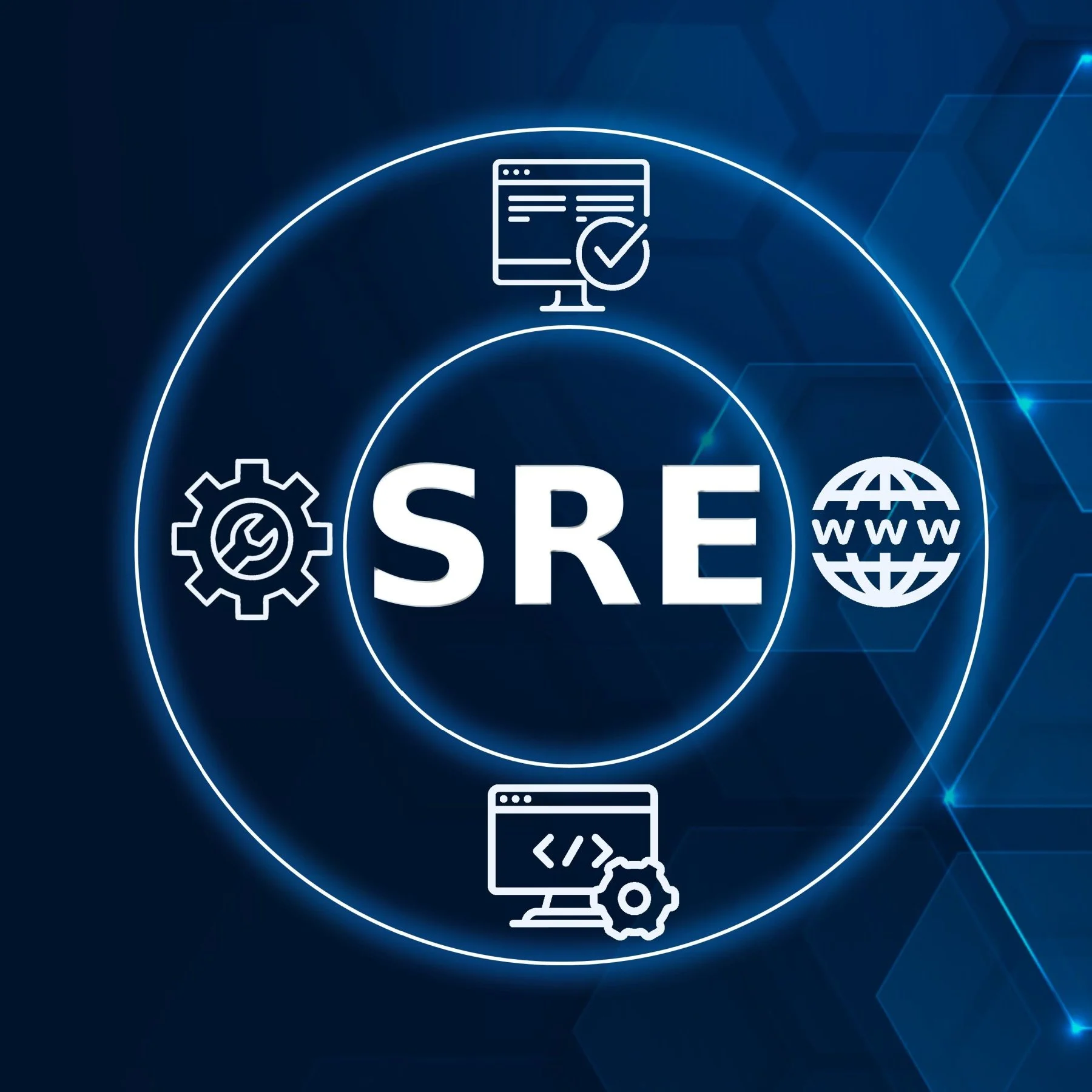
Platform Engineering
“Platform engineering is an emerging technology approach that can accelerate the delivery of applications and the pace at which they produce business value.”
DevOps/DevSecOps
Pipeline Automation
Observability
Quality Engineering
Metrics
Site Reliability
Role Definition
SLI/SLO Setting
Error Budgeting
Coaching
Secure Supply Chain
Pipeline Creation
Asset Tagging/Promotion
Library Security
Chain of Custody
FinOps
Automated Tagging
Finance Integration
Budget Conformance
Cost Optimization
DevOps/DevSecOps
DevOps/DevSecOps is a software delivery methodology and cultural approach that emphasizes collaboration, communication, and integration between software development (Dev), IT operations (Ops), and Security (Sec) teams within an organization. The primary goal is to bridge the gap between these traditionally siloed teams to create a streamlined, secure, reliable, and efficient software delivery lifecycle by fostering a collaborative environment and employing various tools, automations, and practices.
DevOps also encourages a shift towards a culture of shared responsibility, continuous feedback, and constant improvement, ultimately leading to increased efficiency, reduced time-to-market, and enhanced customer satisfaction. Quality Engineering and the creation of a Secure Software Supply Chain are closely related concepts.
Idea Harbor’s skills and experience aid your organization in achieving measurable results whether on-prem or in the cloud, regardless of the underlying technology capabilities, across:
Repeatable and automated build pipeline and deployment
Container and artifact lifecycle management
TDD, BDD, Quality Engineering, and automated validation
Infrastructure as Code
Increased Observability
Metric tracking (Deployment Frequency, Defect Rate, MTTR, Cycle Time)
Test Data Management
Creation of a Secure Software Supply Chain
Site Reliability Engineering
Site Reliability Engineering is a set of principles and practices that applies aspects of software engineering to IT infrastructure and operations. The goal of SRE is to create highly reliable and scalable software systems.
While SRE relies on the existence of DevOps, implementing DevOps does not guarantee the creation of an SRE culture. SRE is a way of operating that ensures the entire organization is focused on creating a reliable customer experience.
Idea Harbor helps clients with the following aspects of adopting SRE:
Role Definition
SLI/SLO setting
Error budgeting
Coaching teams
Secure Software Supply Chain
The software supply chain consists of code, configurations, proprietary and open source binaries, libraries, plugins, and container dependencies. It also includes building orchestrators and tools such as assemblers, compilers, code analyzers and repositories, security, monitoring, and logging ops tools. The software supply chain also encompasses the people, organizations, and processes involved in software development.
It is of critical importance that this supply chain is secure. It is a common vector by which vulnerabilities get introduced into software and systems.
Idea Harbor helps clients with:
Pipeline creation
Asset tagging/Promotion
Library Security
Chain of Custody
FinOps
Cloud adoption in most organizations happens incrementally through experimentation. It is often driven by the engineering or architecture groups. And then “suddenly” someone in the Finance organization realizes that the spend on “Cloud” happening through the expense system has gotten out of control. How did this happen?
Migration to the cloud requires a paradigm shift in the way customers manage and allocate their infrastructure costs. Traditional methods of cost control that worked with on-prem infrastructure no longer work. Often the pendulum swings from no control to total control, which has the effect of crippling innovation and the speed of migration.
Idea Harbor provides expertise and experience to help clients with hands-on implementation of:
Automated resource tagging at provisioning to enable correct cost allocation per product
Automated reporting using cloud provider APIs
Automated ramp-up and ramp-down
Automated reporting of underutilized services and resources
Implementation of storage policies
Coaching members of FinOps team and product teams
Creation and automation of policies and guardrails



